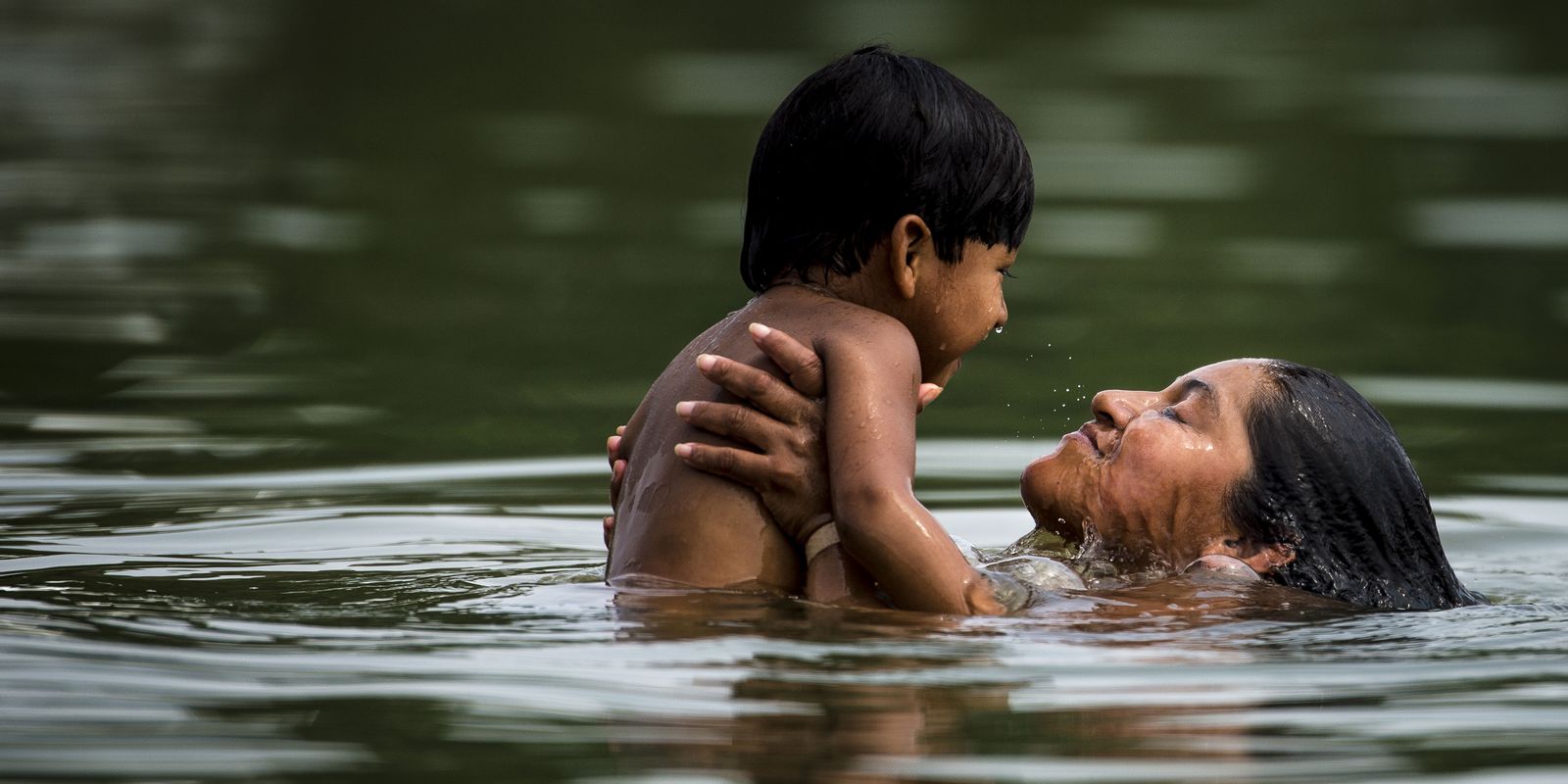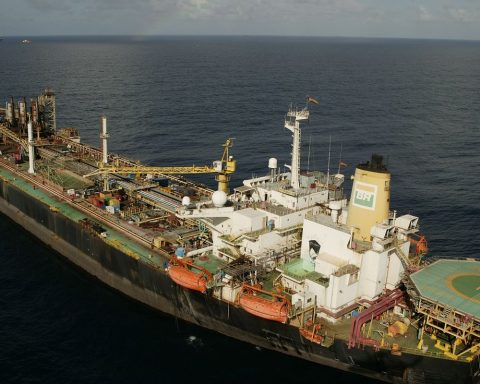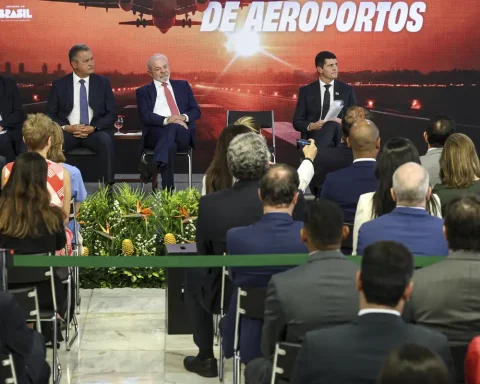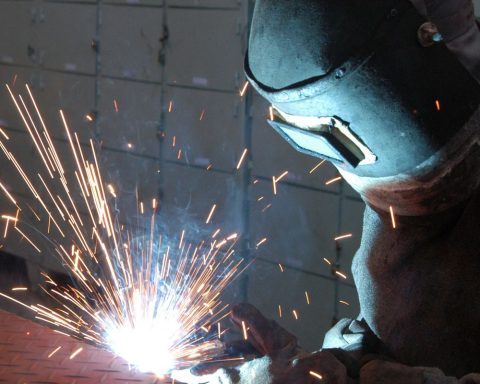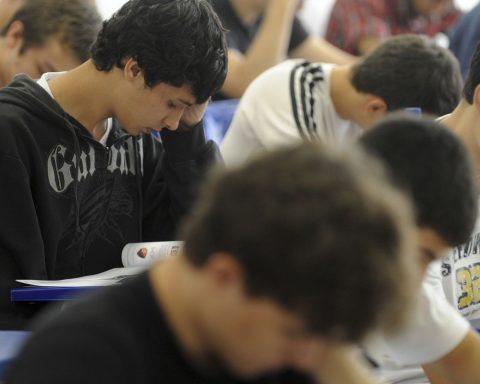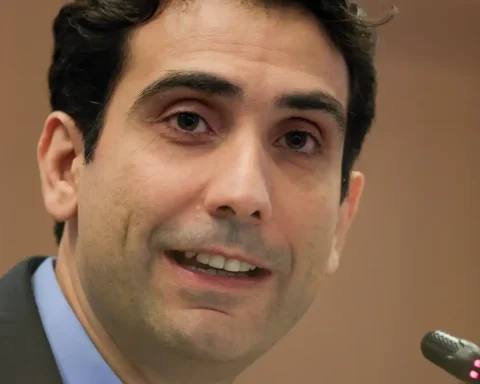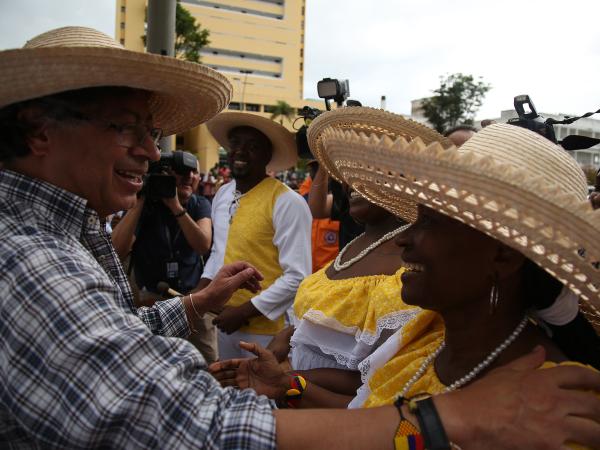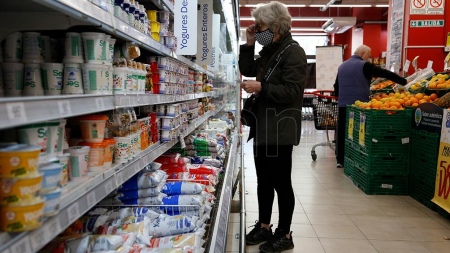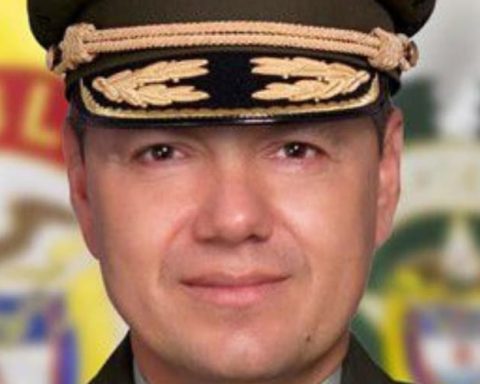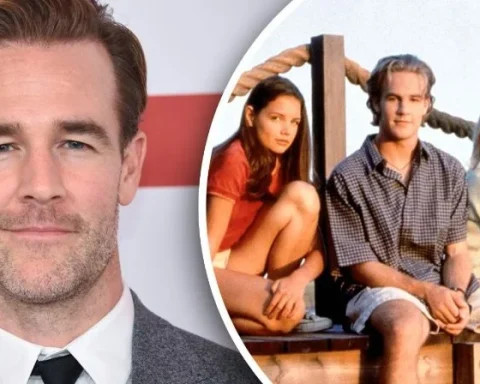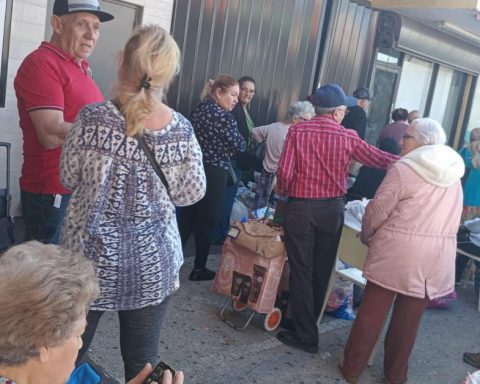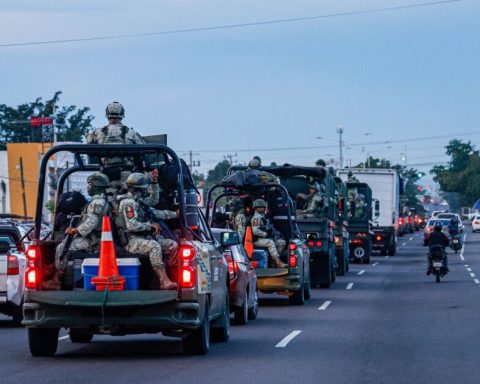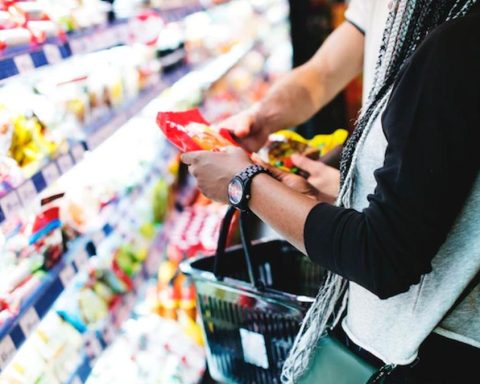Brazil has more than 400,000 indigenous people without access to potable water and 55% of the country’s villages do not have guaranteed quality water. Therefore, the Ministry of Health launched today (10) the National Program for Access to Drinking Water in Indigenous Lands. The plan sets goals to achieve, within 20 years, universal access to treated water in villages across the country.
The program foresees the construction of new water collection and treatment systems or the renovation and expansion of existing systems. Minister Marcelo Queiroga stated that the main objective is to provide indigenous people with access to quality water and control diseases that cause diarrhea, especially among indigenous children. “This program is a public policy that was planned with technical criteria and was built with the indigenous community,” he said.
